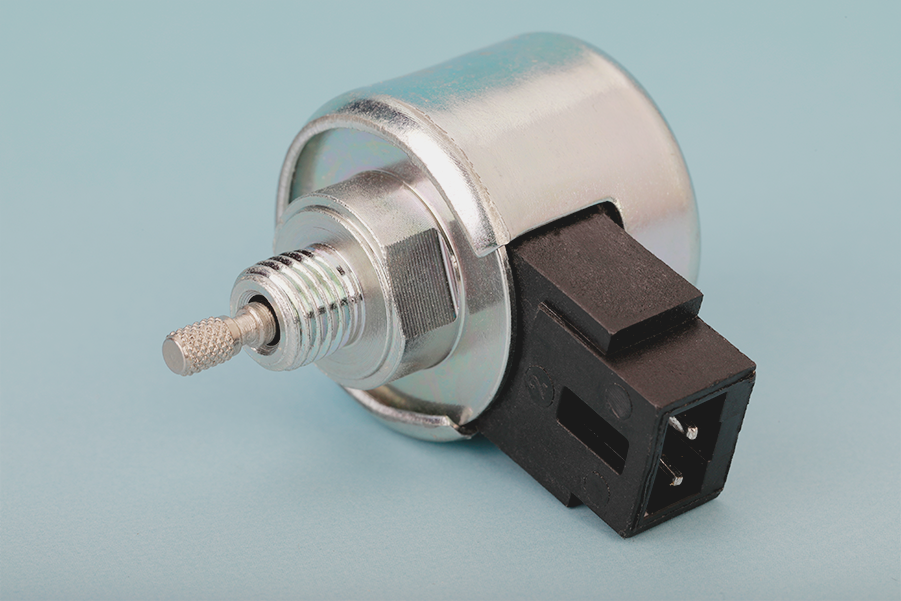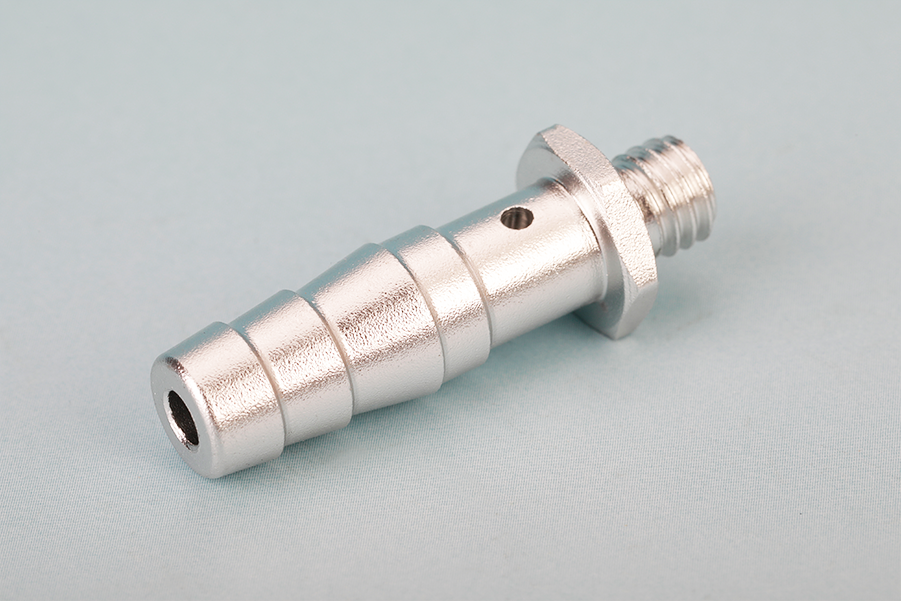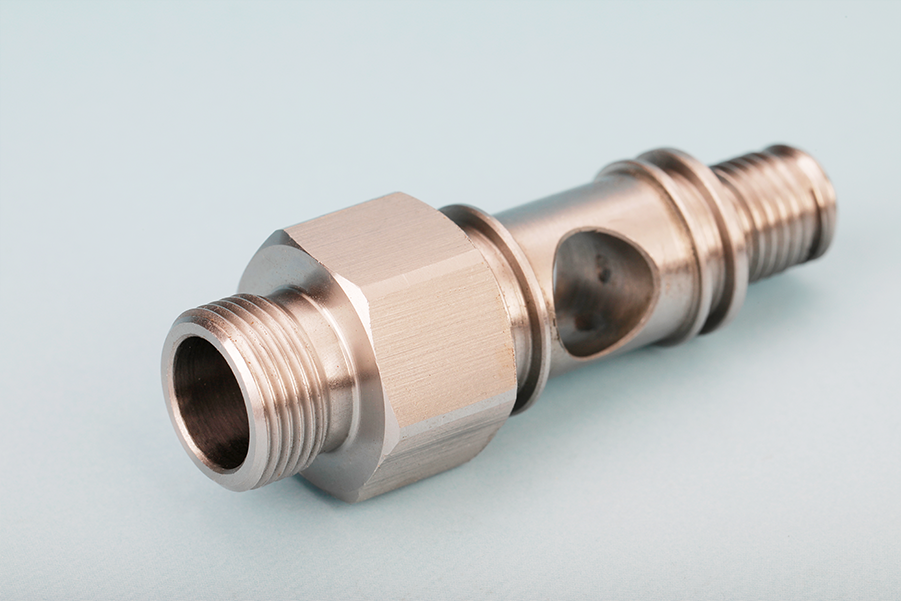Mastering Small Precision Parts Manufacturing for Mechanical Engineering
Release Time:
Jul 29,2025
Small precision parts manufacturing is a specialized area within the mechanical engineering and machining industry, focusing on the production of components that require high accuracy and intricate detailing. These parts are vital for a wide range of applications, including automotive, aerospace, electronics, and medical devices. The process involves various techniques and technologies, each contr
Small precision parts manufacturing is a specialized area within the mechanical engineering and machining industry, focusing on the production of components that require high accuracy and intricate detailing. These parts are vital for a wide range of applications, including automotive, aerospace, electronics, and medical devices. The process involves various techniques and technologies, each contributing to the overall quality and functionality of the manufactured components.
The significance of precision in manufacturing cannot be overstated. When dealing with small parts, even the slightest deviation can lead to performance issues in the final product. Therefore, manufacturers must prioritize accuracy in their processes. This often involves using advanced machinery, such as CNC (Computer Numerical Control) machines, which allow for highly precise cuts and shapes. These machines can operate with tolerances as tight as a few microns, ensuring that each part meets the exact specifications required by the application.
Another crucial aspect of small precision parts manufacturing is the choice of materials. Depending on the intended use of the parts, manufacturers may select from a variety of metals, plastics, and composites. Each material offers unique properties, such as strength, weight, and corrosion resistance, which can significantly impact the performance of the final product. Understanding the material characteristics and their compatibility with the manufacturing process is vital for achieving optimal results.
In addition to machinery and materials, quality control is a fundamental element of the manufacturing process. Implementing rigorous inspection procedures throughout the production cycle helps ensure that each part meets the required standards. Techniques such as coordinate measuring machines (CMM) and laser scanning are often employed to verify dimensions and detect any anomalies. This commitment to quality not only enhances customer satisfaction but also reduces the likelihood of costly rework or failures in the field.
Furthermore, collaboration with clients during the design phase can lead to more efficient manufacturing processes. By understanding the specific requirements and constraints of the intended application, manufacturers can optimize their workflows and reduce lead times. This proactive approach fosters innovation, ultimately leading to the development of more sophisticated and efficient small precision parts.
In conclusion, small precision parts manufacturing is a critical discipline within mechanical engineering that demands a blend of advanced technology, material science, and quality assurance. By focusing on precision and collaboration, manufacturers can produce high-quality components that meet the stringent demands of various industries. Embracing these principles not only enhances the manufacturing process but also contributes to the overall success of mechanical applications in today's competitive market.
The significance of precision in manufacturing cannot be overstated. When dealing with small parts, even the slightest deviation can lead to performance issues in the final product. Therefore, manufacturers must prioritize accuracy in their processes. This often involves using advanced machinery, such as CNC (Computer Numerical Control) machines, which allow for highly precise cuts and shapes. These machines can operate with tolerances as tight as a few microns, ensuring that each part meets the exact specifications required by the application.
Another crucial aspect of small precision parts manufacturing is the choice of materials. Depending on the intended use of the parts, manufacturers may select from a variety of metals, plastics, and composites. Each material offers unique properties, such as strength, weight, and corrosion resistance, which can significantly impact the performance of the final product. Understanding the material characteristics and their compatibility with the manufacturing process is vital for achieving optimal results.
In addition to machinery and materials, quality control is a fundamental element of the manufacturing process. Implementing rigorous inspection procedures throughout the production cycle helps ensure that each part meets the required standards. Techniques such as coordinate measuring machines (CMM) and laser scanning are often employed to verify dimensions and detect any anomalies. This commitment to quality not only enhances customer satisfaction but also reduces the likelihood of costly rework or failures in the field.
Furthermore, collaboration with clients during the design phase can lead to more efficient manufacturing processes. By understanding the specific requirements and constraints of the intended application, manufacturers can optimize their workflows and reduce lead times. This proactive approach fosters innovation, ultimately leading to the development of more sophisticated and efficient small precision parts.
In conclusion, small precision parts manufacturing is a critical discipline within mechanical engineering that demands a blend of advanced technology, material science, and quality assurance. By focusing on precision and collaboration, manufacturers can produce high-quality components that meet the stringent demands of various industries. Embracing these principles not only enhances the manufacturing process but also contributes to the overall success of mechanical applications in today's competitive market.




